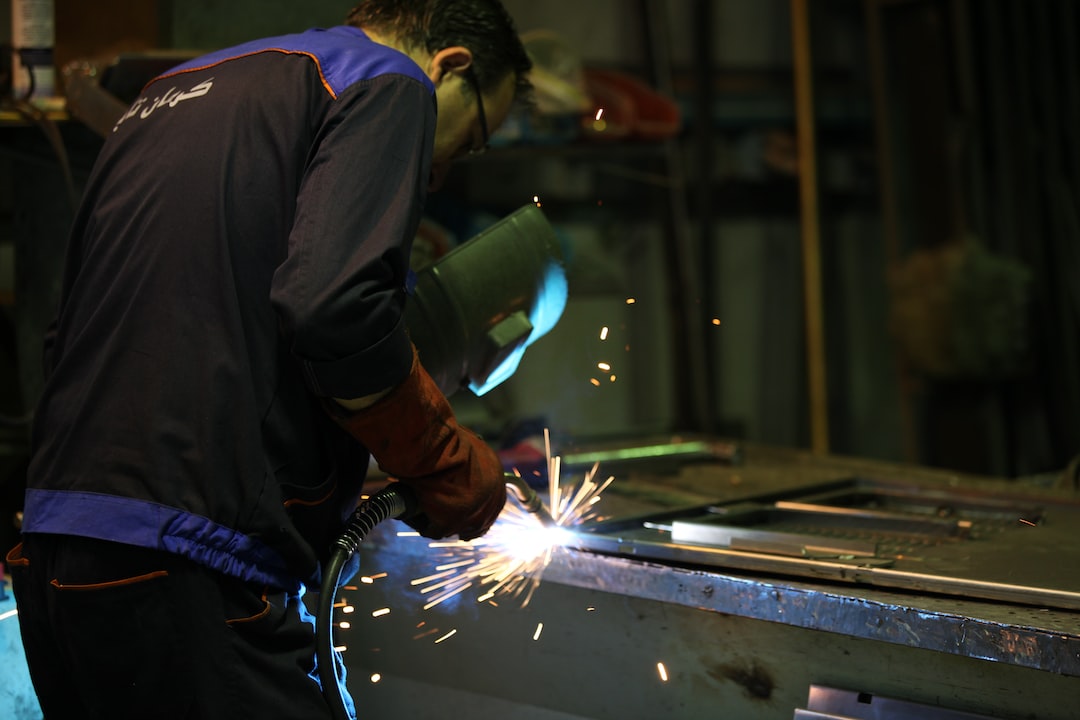The Future of Manufacturing: Emerging Technologies and Trends
The manufacturing industry has come a long way from the days of mass production. With the rapid advancements in technology and the rise of automation, the future of manufacturing is taking shape in ways we could not have imagined just a few decades ago. Emerging technologies and trends are revolutionizing the way products are made, enhancing productivity, and driving innovation.
One of the most prominent emerging technologies in manufacturing is 3D printing, also known as additive manufacturing. Instead of the traditional method of subtractive manufacturing, where material is cut away to create a product, 3D printing builds objects layer by layer using digital designs. This technology has the potential to revolutionize industries such as healthcare, aerospace, and automotive, by allowing for the creation of complex and customized products quickly and at lower costs.
Another emerging technology that is making waves in manufacturing is the Internet of Things (IoT). By connecting machines, sensors, and devices through the internet, manufacturers can gather real-time data and optimize production processes. IoT enables predictive maintenance, where machines can self-diagnose and communicate their maintenance needs, reducing downtime and improving efficiency. This technology also allows manufacturers to track and monitor every stage of the production process, enabling better quality control and supply chain management.
Artificial Intelligence (AI) is another game-changer in manufacturing. The use of AI-powered robots and machine learning algorithms can automate repetitive tasks, freeing up human workers to focus on more complex and creative aspects of production. AI can also analyze vast amounts of data to identify patterns and trends, leading to more accurate forecasting and improved decision-making. Additionally, AI can enhance product design by simulating different scenarios and optimizing performance.
One trend that is gaining traction in manufacturing is sustainability. As the world becomes more conscious of the environment, manufacturers are exploring ways to reduce waste, conserve resources, and minimize their carbon footprint. This includes adopting lean manufacturing principles, using renewable energy sources, and implementing recycling and waste management systems. Sustainable manufacturing not only benefits the environment but can also lead to cost savings and improved brand reputation.
In addition to these technologies and trends, the rise of robotics, automation, and cloud computing are reshaping the manufacturing landscape. Robots are taking over repetitive and dangerous tasks, increasing production speed and efficiency. Automation is streamlining processes and reducing human error. Cloud computing is enabling collaboration and data sharing across supply chains, leading to better communication and coordination.
The future of manufacturing is undoubtedly exciting, as emerging technologies and trends continue to transform the industry. From 3D printing to IoT, AI, sustainability, and more, manufacturers are embracing innovation to stay competitive and meet the ever-evolving demands of consumers. As we move forward, it is crucial for businesses and manufacturers to stay informed, adapt, and leverage these emerging technologies to unlock new opportunities and drive growth.

